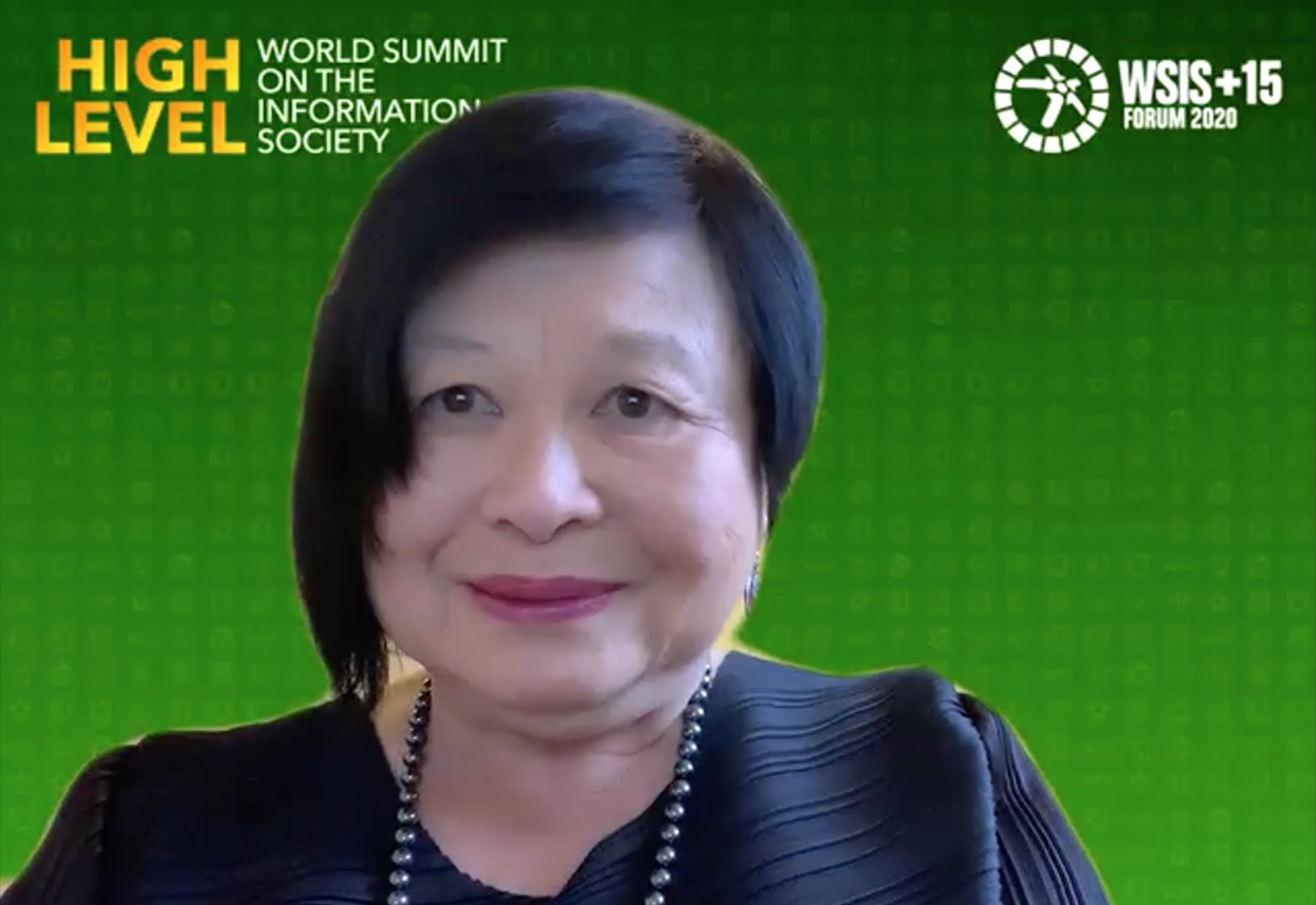High-Level Policy Session 9 : Knowledge societies, Capacity building and e-Learning
WSIS
Session 204
Each person should have the opportunity to acquire the necessary skills and knowledge in order to understand, participate actively in, and benefit fully from, the Information Society and the knowledge economy. Literacy and universal primary education are key factors for building a fully inclusive information society, paying particular attention to the special needs of girls and women. Given the wide range of ICT and information specialists required at all levels, building institutional capacity deserves special attention.
The use of ICTs in all stages of education, training and human resource development should be promoted, taking into account the special needs of persons with disabilities and disadvantaged and vulnerable groups.
Continuous and adult education, re-training, life-long learning, distance-learning and other special services, such as telemedicine, can make an essential contribution to employability and help people benefit from the new opportunities offered by ICTs for traditional jobs, self-employment and new professions. Awareness and literacy in ICTs are an essential foundation in this regard.
Content creators, publishers, and producers, as well as teachers, trainers, archivists, librarians and learners, should play an active role in promoting the Information Society, particularly in the Least Developed Countries.
To achieve a sustainable development of the Information Society, national capability in ICT research and development should be enhanced. Furthermore, partnerships, in particular between and among developed and developing countries, including countries with economies in transition, in research and development, technology transfer, manufacturing and utilization of ICT products and services are crucial for promoting capacity building and global participation in the Information Society. The manufacture of ICTs presents a significant opportunity for creation of wealth.
The attainment of our shared aspirations, in particular for developing countries and countries with economies in transition, to become fully-fledged members of the Information Society, and their positive integration into the knowledge economy, depends largely on increased capacity building in the areas of education, technology know-how and access to information, which are major factors in determining development and competitiveness.
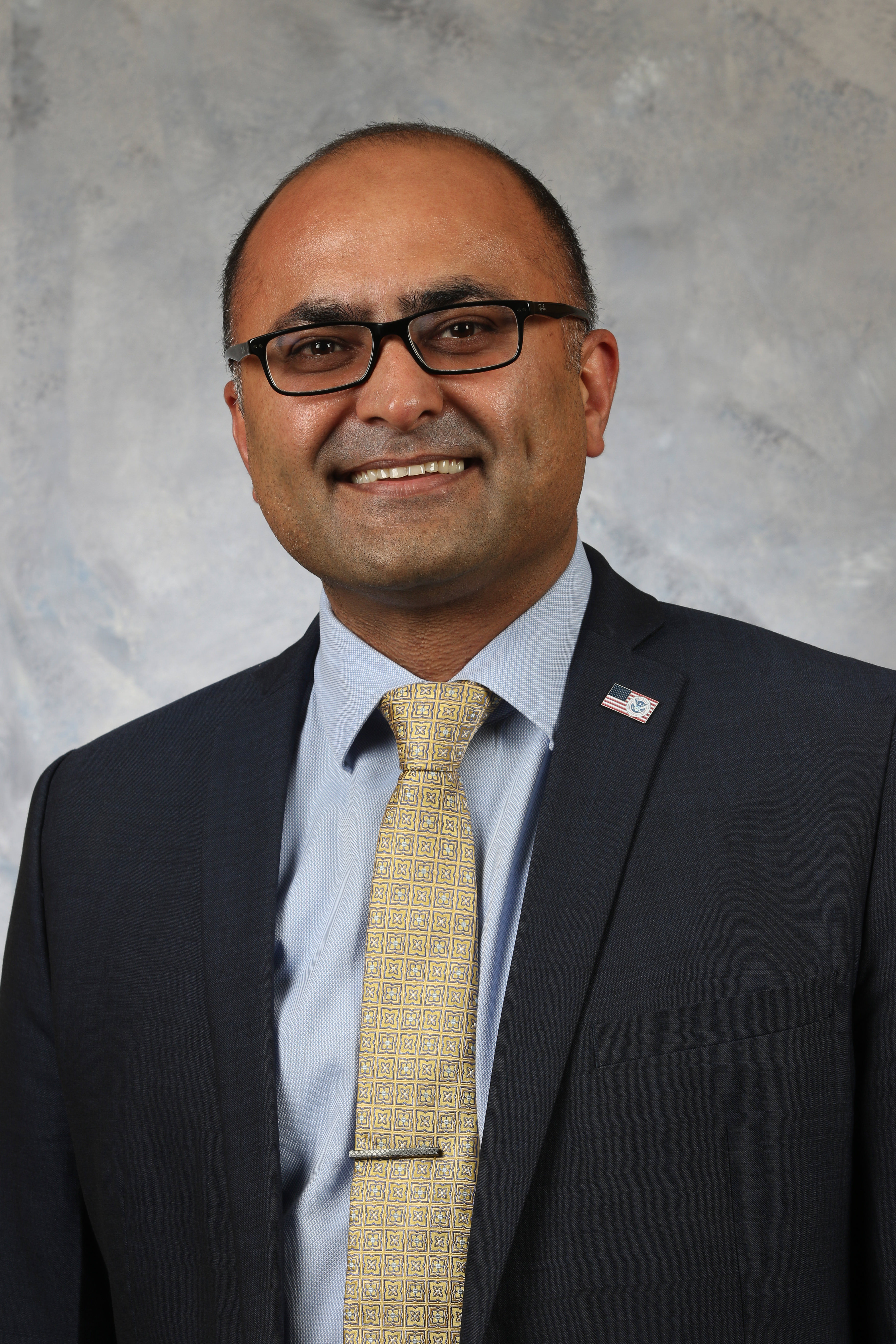
Gurvirender Tejay is an Associate Professor of Information Systems at the College of Business,University of Colorado Colorado Springs. He is responsible to develop the cybersecurity management programs and also lead cybersecurity outreach initiatives for the college.
Gurvirender has previously served as the Gary Goldbloom Endowed Distinguished Chair in Cyber Security Management, and Director of Center for Cyber Security at the St. Thomas University. Dr. Tejay received Ph.D. in Information Systems from Virginia Commonwealth University. He also holds M.S. in Computer Science from the University of Chicago, and M.A. in
Economics from the University of Wisconsin – Milwaukee. As an avid contributor to his profession, Dr. Tejay has been invited as Visiting Scientist at Ludwig Maxmilian University, one of the elite universities in Germany. He also was invited by Department of Homeland Security/National Security Agency as Subject Matter Expert to review Cyber-Security Workforce
Framework, National Initiative for Cybersecurity Education.
Dr. Tejay is currently serving as Lead Guest Editor for Special Collection on ‘Organizational Cybersecurity’ for SAGE Open journal. He is also serving as Senior Editor for Special Issue on Privacy for ACM’s The DATA BASE for Advances in Information Systems journal. Dr. Tejay has served as Co-Editor for Special Issue on ‘Cybercrime’ for Computers & Security journal, a premier cyber security journal. He served as Editorial Review Board Member for Special Issue on ‘Security and Privacy in 21st Century Organisations’, European Journal of Information Systems (premier information systems journal). Dr. Tejay also served as Co-Chair for Emergent Research Forum for Americas Conference on Information Systems 2015 and was recognized for his innovative contribution by bringing meaningful improvements to the field. Recently, he has been
nominated to serve as Program Co-Chair for 2019 Dewald Roode Information Security Workshop, an annual conference of United Nation’s International Federation for Information Processing TC-11. In addition to his academic contribution, Dr. Tejay is constantly working to forge relationships with local organizations and create advancement opportunities for students. He is actively involved on multiple South Florida Technology Committees to help lead community efforts to
improve education and workforce development in the area. Recently, his community involvement efforts have been recognized by FBI InfraGard for “Exceptional Service in the Public Interest.”
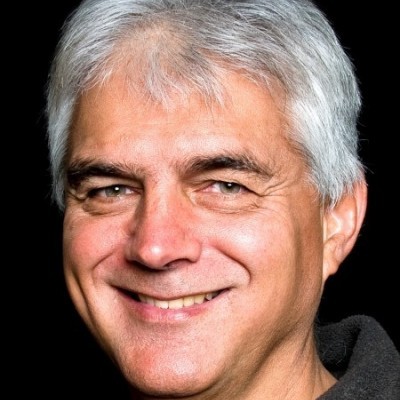
Guy Berger is director for strategies and policies in the field of communication and information at UNESCO. This field encompasses freedom of expression, media literacy, media development, access to information and digital innovation. He is a former academic at Rhodes University, South Africa where he taught inter alia courses on information society policy. His UNESCO work has led the development of the Organisation’s Internet Universality Indicators, and the series of research studies on Internet freedom issues.

Arturo Robles holds a Bachelors degree in Telecommunications Engineering from Universidad Nacional Autónoma de México (UNAM). He completed the Joint Doctorate in Telecommunications from Polytechnic University of Madrid and also earned a Masters degree in Signal Theory and Communications from the same University. In addition, he has taken postgraduate courses in Management of Telecommunications (Spain) and Regulation in Digital Markets (Belgium).
He has worked for European telecommunications operators – such as Airtel-Vodafone in Spain – in areas related to strategic development and technological evolution, and for global consultancy firms specialized in technological, economic and political-regulatory analysis of multinational projects in telecommunications and information technologies. In addition, he was Senior Consultant at Détente Group for the deployment, evaluation, policymaking and international coordination of satellite systems for national security. In 2015, he started working at the Federal Telecommunications Institute as Deputy General Director for Prospective.
Furthermore, he has been technical adviser for Transparencia Mexicana, where he collaborated as social witness in many tenders. He has also worked in centers for Research, Development and innovation (R&D+i) and Competitiveness in Europe and Latin America.
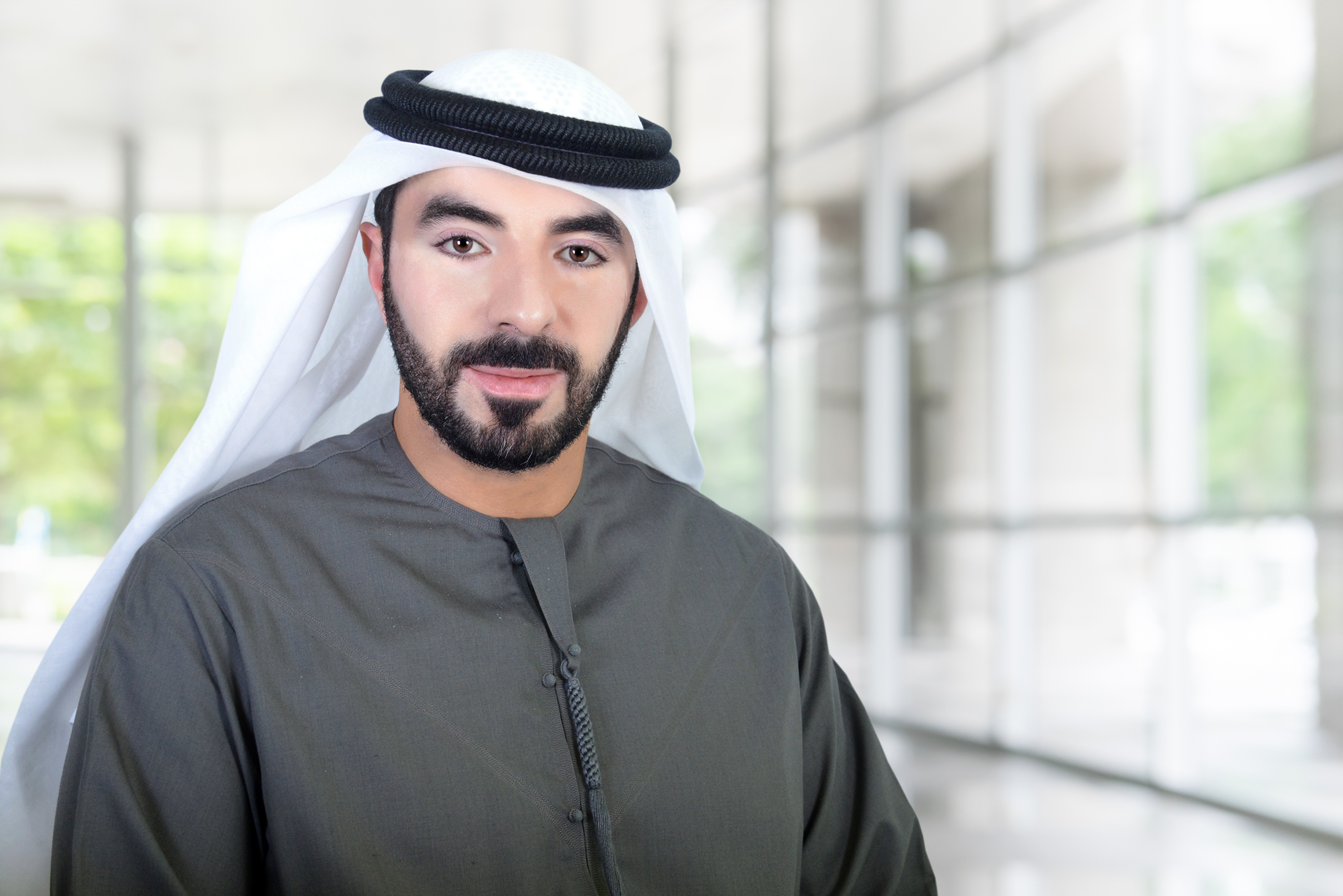
As the director of CoDI, a digital transformation enabling hub and R&D center, Majid brings engineering experience and a broad strategic and business insights to this position. His role includes developing innovative initiatives aiming to build capacities across UAE and the region, building partnerships with leading technology and academic industries. Majid also sits as an advisory board member at a number of academic institutions and is a representative of the Arab countries in the International Telecommunications Union (ITU) Capacity Building Initiatives Group (GCBI).
Majid holds a bachelor’s degree in computer engineering and a master’s degree in Business Administration.

Ahmad R. Sharafat is Professor of Electrical and Computer Engineering at Tarbiat Modares University (TMU) in Tehran, Iran; Member of the Iranian Academy of Sciences; Vice-Chairman of Telecommunication Development Advisory Group (TDAG) in the International Telecommunication Union (ITU) in Geneva, Switzerland; Chairman of ITU-D Study Group 2; Past Chairman of IEEE Iran Section; Editor of the International Journal of Wireless Information Networks; and Editor of Scientia Iranica. He has 9 patents, published three books and more than 150 papers in refereed scholarly journals and professional international conferences. He received his B.Sc. degree from Sharif University of Technology, Tehran, Iran, and his M.Sc. and his Ph.D. degrees both from Stanford University, Stanford, California, all in Electrical Engineering in 1975, 1976, and 1981, respectively. He is a Senior Life Member of IEEE and Sigma Xi.
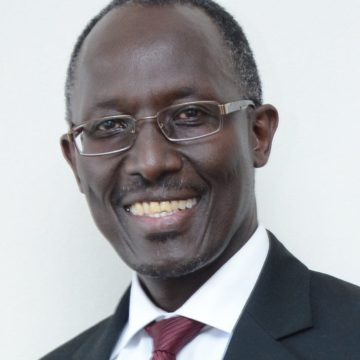
Based in Ethiopia, Andrew Rugege is currently the International Telecommunication Union (ITU) Regional Director for Africa and Representative to the African Union (AU) and the UN Economic Commission for Africa (UNECA).
Recognized as a thought-leader and key influencer among African countries, Andrew is responsible for collaboration with and technical assistance to ITU Members in Africa. He believes that by putting ITU’s resources and expertise at the disposal of its Members and building key partnerships between Public and Private Sectors, ICT and Innovation can become the backbone of Africa’s Digital Transformation and accelerator of UN SDGs and AU Agenda 2063.
Andrew leads teams that provide Members States with advice and expertise in ICT Policy, Regulation, Infrastructure, Innovation and others. He is passionate about Youth and Women Empowerment, Innovation and sustainable development through ICTs. His broad experience in the Technology sector spans private and public sectors as well as Academia.
Prior to ITU, Andrew served as COO at MTN and CEO at Artel Communications both in Rwanda. He previously served as Director of International Business Development at ABSinteractive, USA and Global IT Services Coordinator at United Bible Societies, UK.
Andrew holds master’s degrees in Engineering and Computer Science and Business Administration.
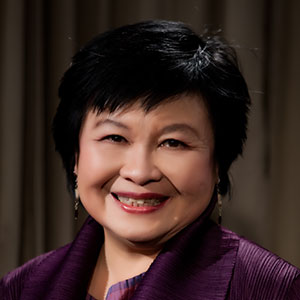
Mei Lin Fung chairs the People Centered Internet co-founded with Vint Cerf. With Vint in 2019, she initiated the informal network “Digital Cooperation and Diplomacy” which brings together people taking practical and concrete action for the UN Digital Cooperation Roadmap, in the spirit of the original spread of Internet. She is on the World Economic Forum Precision Medicine and Digital ASEAN Payments groups and was on the WEF’s Global Future Council for Digital Economy and Society 2017-2018. She is on the board of ImpactX.co and represents the People Centered Internet on the ITU and UNICEF led GIGA project to connect all the schools of the world. She leads the PCI team on EQUALS.org and was a finalist for 2018 Woman of the Year at the Silicon Valley Women in IT Awards organized by Information Age.
A technology pioneer known as the Godmother of CRM, she organized the 40th anniversary of the “Mother of All Demos” for Douglas Engelbart and led the celebration of the 40th anniversary of the TCP/IP specification with Vint Cerf. She was on the 2-person skunkworks team charged by Tom Siebel to design and develop “OASIS,” the proto-CRM system used internally in Oracle. She served Marc Benioff as Director of Finance when he took over Oracle Desktop and Direct Marketing Division from Tom Siebel. Starting as the expert on Networked Improvement Communities, she became Socio-technical Lead for the US Defense Health Authority’s Federal Health Futures initiative, and lead author of the 2011 and 2012 final reports.
Mei Lin is an MIT SLOAN graduate where she studied with two future Nobel Economics prize winners Franco Modigliani and Robert Merton, and with Fisher Black who is known for the Black-Scholes Options Pricing formula. After MIT, she joined Intel and was responsible for the organization wide Geographic P&L report and consolidating forecasts from all Intel operating units before moving to Intel’s Distribution Marketing group and as alpha test user for the Intel in-house distribution sales tracking system, developed the understanding for the initial design of OASIS, the precursor of today’s CRM systems.
Mei Lin chairs the IEEE pre-standards working group for Social Impact Measurement. She
was the IEEE Standards Association Liaison to, and now serves as Assessment Chair for the IEEE Humanitarian Activities Committee and is a member of the IEEE Sustainable Development Taskforce.
Mei Lin lives in California USA and is a citizen of Singapore.
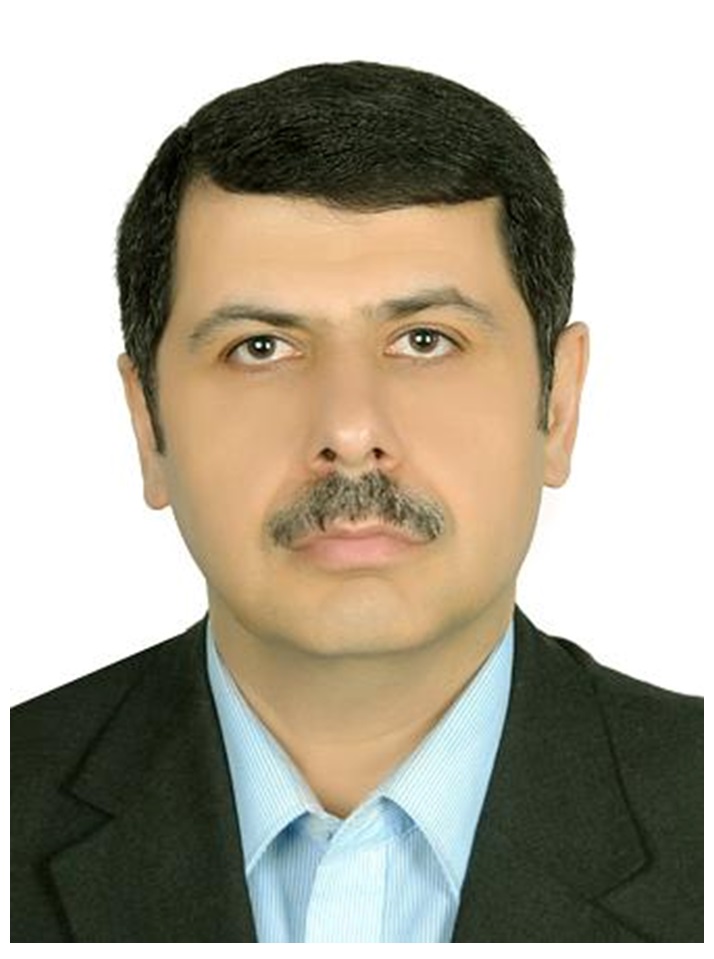
Dr HadiShahriar Shahhoseini received BSc, MSc and PhD degree in electrical engineering on 1990, 1994 and 1999 respectively. He is an associate professor in School of Electrical Engineering of Iran University of Science and Technology (IUST). His areas of research include networking, supercomputing and reconfigurable computing. More than 180 papers have been published from his research works in scientific journals and conference proceedings.
He is IUST Vice Chancellor for International Affairs. He also is founder and director of Research Center for ICT Strategic and International Studies (ICT-SIS).
Also he is an executive committee member of IEEE TCSC and serves IEEE TCSC as regional coordinator in Middle-East Countries since 2004, and served as Director of International and Scientific Cooperation for IUST from 2015 to 2017. He served as Program Chair and member of Iran National Committee for WSIS and coordinator of Iran delegation in WSIS Forums, since 2012 to 2018. He also was the chair and organizer of four annual national WSIS conferences in Iran, the National Conference on Preparation for WSIS+10, from 2011 to 2014.
He was manger of two research projects carried out by IUST that succeed to be the Winner of WSIS-Prize-2015 in action line C-7 (e-Science) and Winner of WSIS-Prize-2012 in action line C-11 (International and Regional Cooperation).
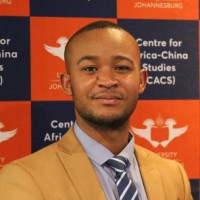
Bhaso Ndzendze is the Research Director at the University of Johannesburg Centre for Africa-China Studies, and a Lecturer in the UJ Department of Politics and International Relations on ‘Technology Dynamics in International Relations,’ and Commissioning Editor at E-International Relations, the world’s largest open-access publisher on international relations, with over 3 million annual unique visitors. His journal articles and books focus on African trade, security and FDI trajectories through the framework of rational choice theory. A PhD candidate in International Relations, he has also completed executive courses on Artificial Intelligence and Blockchain Technology from the Massachusetts Institute of Technology
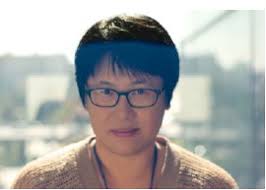
Ms. Atsuko Okuda was appointed as the Regional Director in April 2020. Prior to the new assignment, she was the Chief of the ICT and Development Section of the ICT and Disaster Risk Reduction Division of the United Nations Economic and Social Commission for Asia and the Pacific (ESCAP), in Bangkok, Thailand from 2015 to 2020. At ESCAP, she promoted the development of regional broadband connectivity and inclusive broadband through the implementation of the Asia-Pacific Information Superhighway (AP-IS) initiative.
Before joining ESCAP, Ms. Okuda served the United Nations Economic and Social Commission for Western Asia (ESCWA) in Beirut as the Chief of the Governance and State building Section and as the Team Leader responsible for ESCWA Knowledge Management. Prior to it, she contributed to the Umoja project, the UN Secretariat ERP initiative, as Testing Manager at the Department of Management, UNHQ for 2 years. From 2002 to 2010, she was responsible for promoting a wide range of ICT for development initiatives at ESCAP and the United Nations Economic Commission for Africa (ECA) as Senior IT Officer. She started her UN career in the area of ICT for Development at the Regional Bureau for Asia and the Pacific, the Bureau for Development Policy and UNDP Country Office in Bhutan from 1997 to 2002.
Ms. Okuda obtained a BA from Kyoto University (Japan), MA from Helsinki University (Finland), and has currently been enrolled as a research fellow on e-governance at the United Nations University – Maastricht Economic and Social Research Institute on Innovation and Technology (UNU-MERIT) in the Netherlands. Her academic articles on broadband and AI were published by the Lee Kwan Yew School of Public Policy. Among other publications and research papers, she was the author of a chapter on e-resilience in the 2018 UNDESA E-government Survey and a recent ESCAP blog on digital resilience against COVID-19.
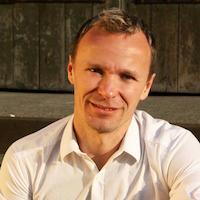
Morten Meyerhoff Nielsen is an EGOV Adviser at the United Nations University - EGOV, an international think tank working with the digital transformation of the public sector.
He is responsible for digital transformation projects on performance management, strategy, and capacity development in Georgia, Uganda, and Saudi Arabia. He leads projects with UNICEF and the Digital Future Society on the impact of the digital transformation of service delivery on both marginalized communities, children, and women.
Morten regularly runs executive training on digital transformation of the public sector and is a guest lecturer at several European universities.
Past employment includes the Danish Agency for Digitisation, Danish Technological Institute, European Institute of Public Administration, Centre for the Development of Enterprise; European Commission, and the University of KwaZulu-Natal.
Morten holds ph.d. in Governance and Public Administration from Tallinn University of Technology (EE), plus bachelor and master degrees in political science and economics from the University of Kwa-Zulu Natal (RSA) and the University of Birmingham (UK). He is an author and co-author of various publications, a reviewer for various journals, on multiple conference committees, and a juror on several awards committees.
-
 C1. The role of governments and all stakeholders in the promotion of ICTs for development
C1. The role of governments and all stakeholders in the promotion of ICTs for development
-
 C3. Access to information and knowledge
C3. Access to information and knowledge
-
 C7. ICT applications: benefits in all aspects of life — E-learning
C7. ICT applications: benefits in all aspects of life — E-learning
-
 Goal 1: End poverty in all its forms everywhere
Goal 1: End poverty in all its forms everywhere
-
 Goal 5: Achieve gender equality and empower all women and girls
Goal 5: Achieve gender equality and empower all women and girls
-
 Goal 7: Ensure access to affordable, reliable, sustainable and modern energy for all
Goal 7: Ensure access to affordable, reliable, sustainable and modern energy for all
-
 Goal 8: Promote inclusive and sustainable economic growth, employment and decent work for all
Goal 8: Promote inclusive and sustainable economic growth, employment and decent work for all
-
 Goal 16: Promote just, peaceful and inclusive societies
Goal 16: Promote just, peaceful and inclusive societies
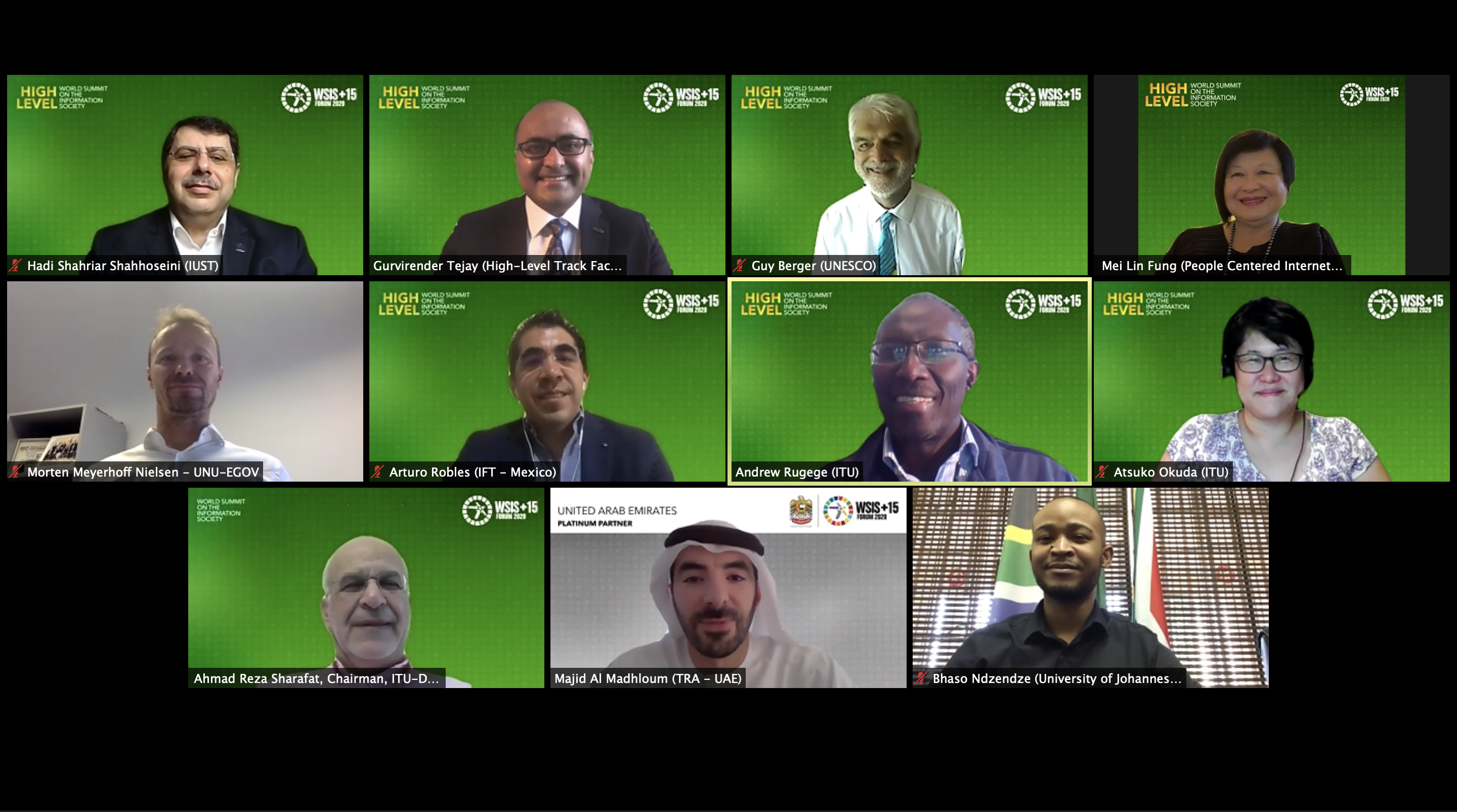
.png)
